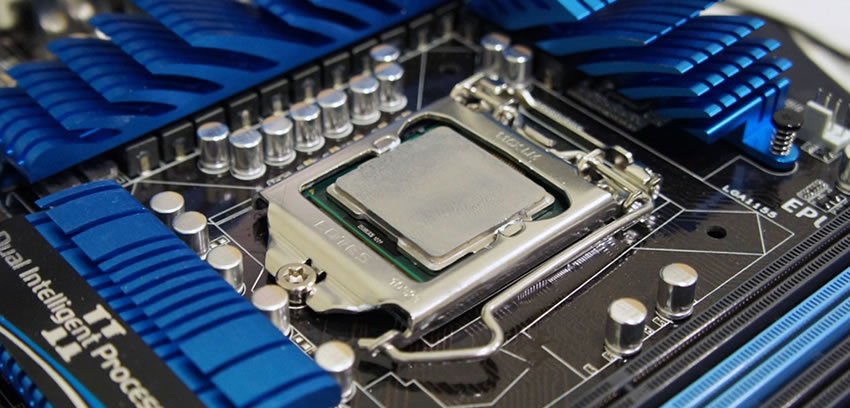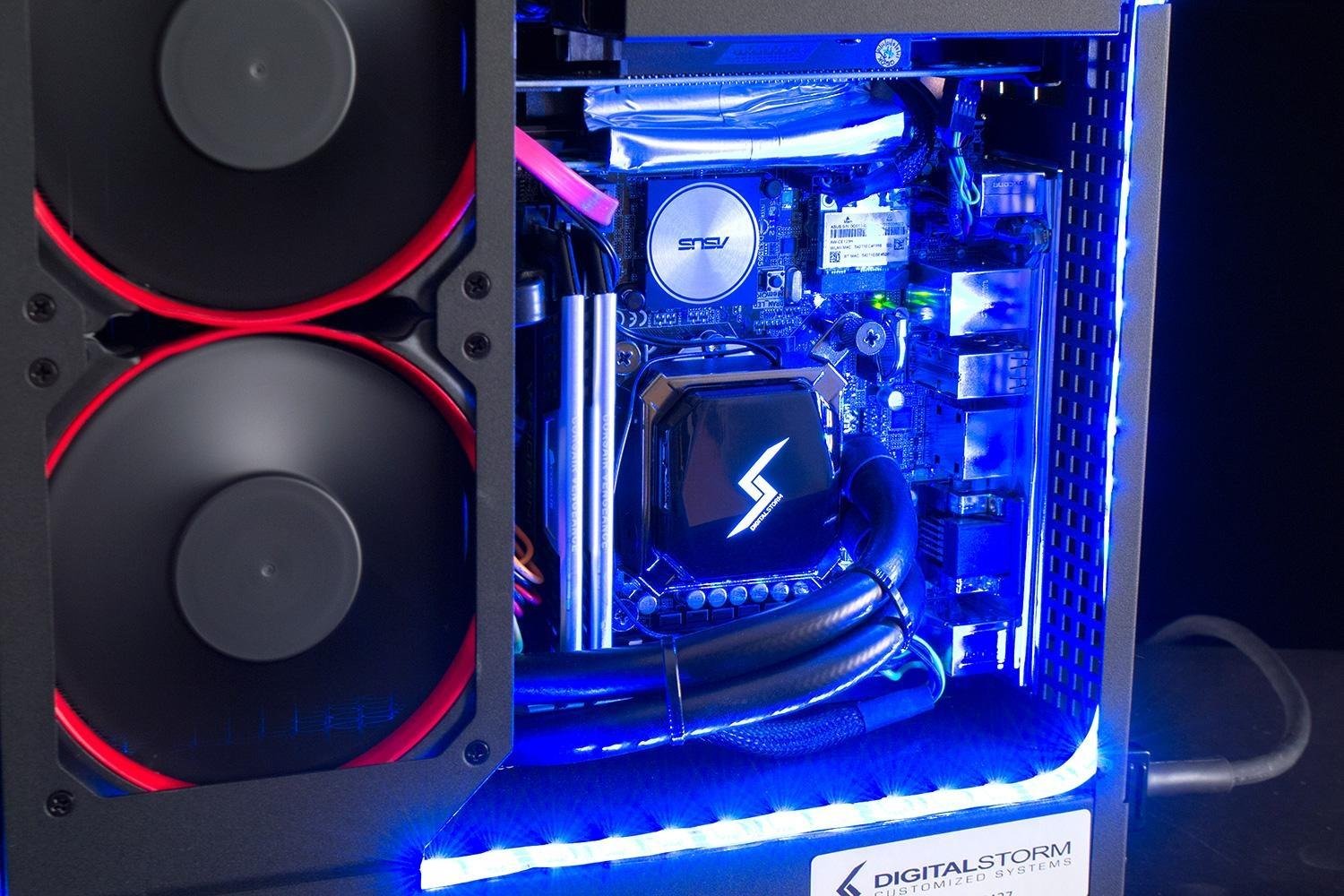An overclocked PC is a good PC. That might not always be true, but certainly, overclocking a CPU is among the most sought after tweaks PCs have been lavished with ever since they were started on their journeys of technological obsolescence by smartphones that keep getting cheaper, quicker and feature rich. So, why exactly do people overclock their PCs?
The answer is not one that is easy to figure. The popular assumption is that overclocking a PC is like feeding it steroids, so it becomes quicker and better in its performance. While you can certainly expect some parameters of your PCs performance to improve, there is more than just running a better BIOS that needs to be done if you want your PC to really be better than what the factory sent you. And in this brief guide, we’re going to tell you all about it.
So, What is Overclocking?

The thing is, your PC is basically a giant calculator. It performs its many functions using what is known as a clock function. It works basically like a pendulum. Values added or subtracted to it are placed on its waves, and you get to the point you want to go to, be it while you’re surfing Facebook, typing your college assignment or playing a video game.
How quickly this clock function goes is mentioned in terms of frequency measured in Hertz (Hz). So when you read a CPU has 125 Hz frequency, it means the clock goes up and down one cycle 125 times in one single second. Most modern CPUs are wayyy faster though. I’m talking multiple GigaHertz, means your clock goes up and down several billion times in one single second.
[su_note note_color=”#f3c1b7″]
But don’t be too blown away. Many still find the need to speed this cycle up. It makes sense, since we’re generating and accessing so much data each second while playing games, running complex programs on our PC or even playing a video online.
[/su_note]
Should you Overclock your PC?
Overclocking is not something you do because you’re bored over the weekend. It is a major decision that influences the health and longevity on your PC. There is no single formula to changing parameters of your PC; different PCs (even ones from the same brand and similar components) react differently to the same boost or sap in parameters.

CPUs come with a frequency marked on them. But you’ll find many CPUs operating on a frequency higher than that. This is usually in the more recent models which have features like Turbo Boost or Turbo Core, which automatically adjust clock speed according to use. If you have a PC like that, you don’t need to overclock your PC in my opinion. Your device is already doing it for you!
Things to watch out for while Overclocking
If PC companies are building devices with automatic overclocking, it’s got to be safe, right? Wrong. Manual Overclocking comes with its own risks that are better avoided if you don’t know how to deal with them.
Overclocking almost always results in generation of net more heat in your system. Installing a different or additional fan is not always the solution (in fact, a GPU is more welcoming of an additional fan than a CPU).
Then, your PC’s voltage requirements can change, often differently for different parts. Motherboards are the ones responsible for delivering power to the rest of the CPU. Your motherboard needs to be compatible and capable of handling this change in power requirements.
[su_box title=”How to overclock your PC?” box_color=”#c7daf7″ title_color=”#1c0f0f” radius=”0″]
If you’ve analysed all these facets (comment below if we forgot to mention any) of your CPU, and you think you’ll be fine, you can proceed to overclocking your PC.
You may use a software such as AMD OverDrive or Intel’s Extreme Tuning Utility to get things rolling. I do not recommend tweaking your BIOS out of anecdotal experience.
[/su_box]



